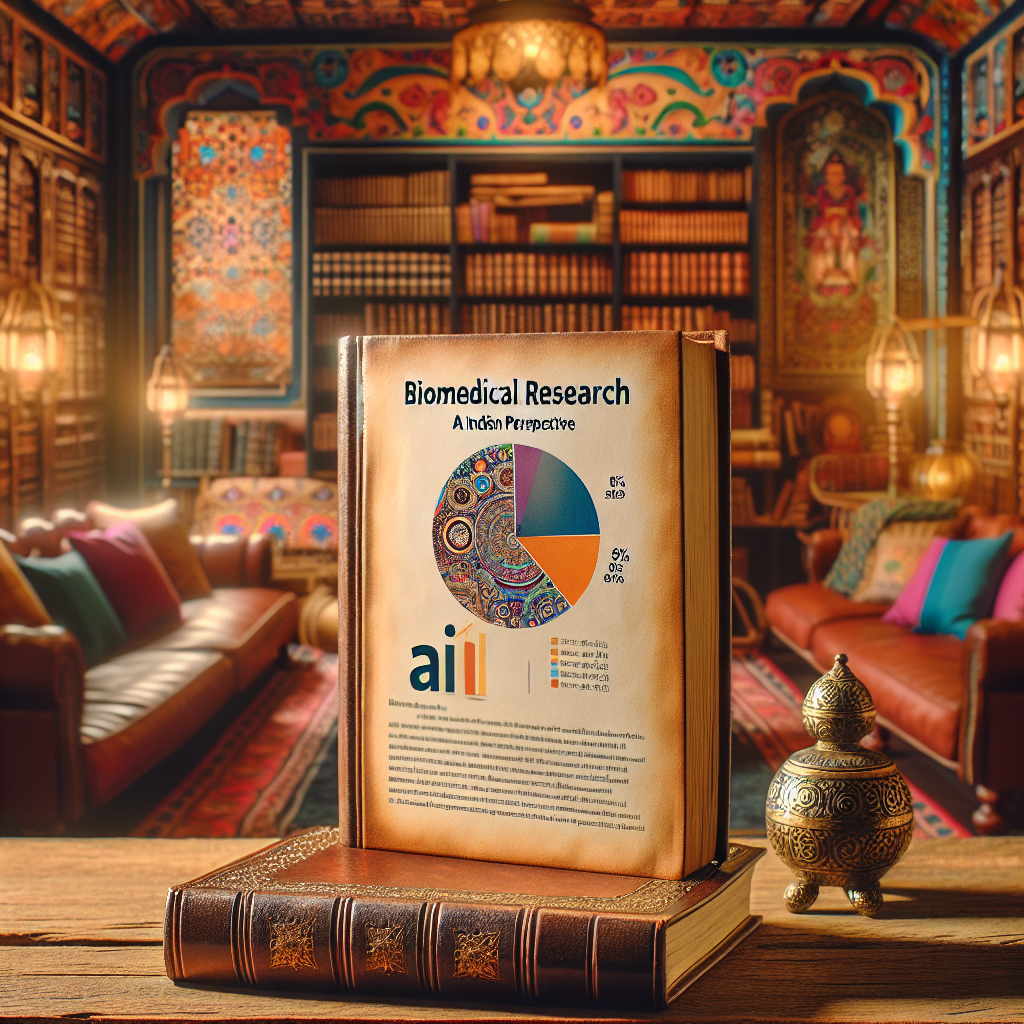The Impact of AI Models on Academic Vocabulary: Insights from Tubingen Researchers

The Influence of AI Models on Academic Vocabulary
The rise of artificial intelligence (AI) has revolutionized various fields, and academic writing is no exception. Recent research conducted by scientists at the University of Tubingen, Germany, highlights a significant transformation in the vocabulary used within scholarly articles, a phenomenon driven largely by AI language models. This shift raises essential questions about how AI impacts the way researchers communicate their findings and ideas.
Key Findings from the Research
Vocabulary Evolution: The study reveals that the integration of AI tools in academic writing has altered commonly used phrases and terminology. Researchers noted a growing reliance on specific phrases that align with AI-generated content.
Influence on Scientific Communication: The authors speculate that AI's influence may redefine how scientific discourse is approached, possibly leading to more standardized language and expressions in published work.
Potential Risks: While AI can enhance accessibility and clarity, there's concern about originality. The use of AI may risk reducing the diversity of expression among researchers, potentially leading to homogenized academic discourse.
Implications for Future Research
The implications of these findings are profound:
Academic Integrity: As AI continues to shape academic writing, maintaining originality and authenticity becomes crucial. Researchers must navigate AI usage thoughtfully to preserve diverse voices in science.
Evolving Standards: The academic community may need to develop new standards for writing and publishing, considering AI's pervasive influence. This could involve crafting guidelines for ethical AI use in research communication.
Preparing for Change: Educators and academic institutions should consider incorporating training on AI tools into their curricula, preparing the next generation of researchers to adapt to and critically engage with AI's impact on writing.
In conclusion, the research from the University of Tubingen sheds light on the evolving landscape of academic writing in the age of AI. As vocabulary and writing styles adapt to incorporate these powerful tools, the academic community must remain vigilant in promoting originality, clarity, and diversity in scholarly communication.
